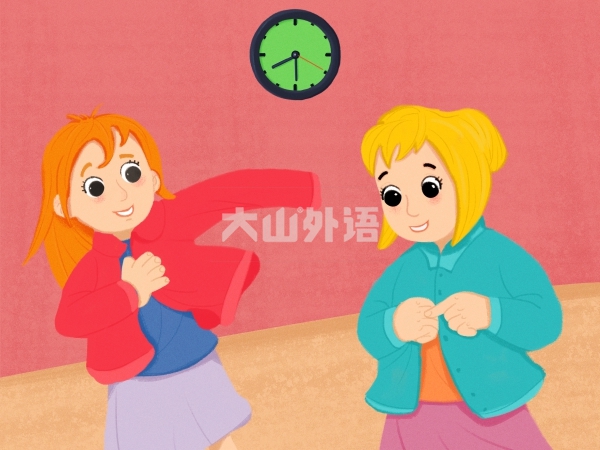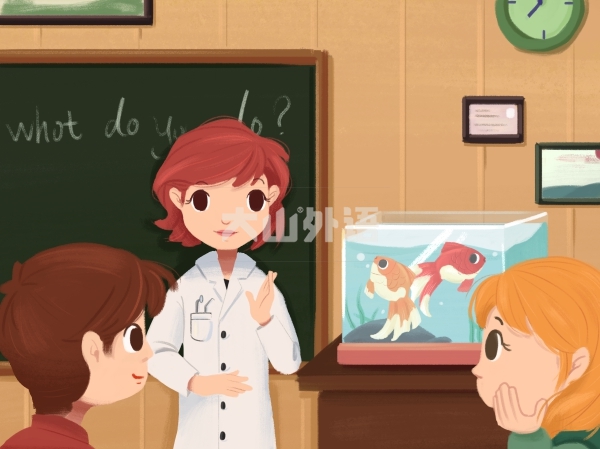1.当陈述部分有never,seldom, hardly,few,little,barely, scarcely, nothing,none,rarely ,no, not, no one, nobody, neither等否定意义的词汇时,后面的反意疑问句则为肯定形式:
如:There're few apples in the basket, are there?

2.当陈述部分的主语为everyone,someone,anyone,no one等表示人的不定代词时,疑问部分的主语用they或he:
如:Everyone in your family is a teacher, aren’t they\isn't he?
3.当陈述部分的主语为everything,something,anything.nothing等表示物的不定代词时,疑问部分的主语用it:
如:Something is wrong with your watch, isn’t it?
4.当陈述部分含有否定意思的词是unhappy,dislike,unfriendly,等含有否定词缀的派生词,也就是有un,dis-前缀、-less后缀等含词缀而意思否定的词,当肯定句处理,疑问部分用否定形式。如:
如:The girl dislikes history,doesn’t she?
5.当陈述部分有less, fewer等词视为肯定词,疑问部分用否定形式。
如:There will be less pollution, won't there?









